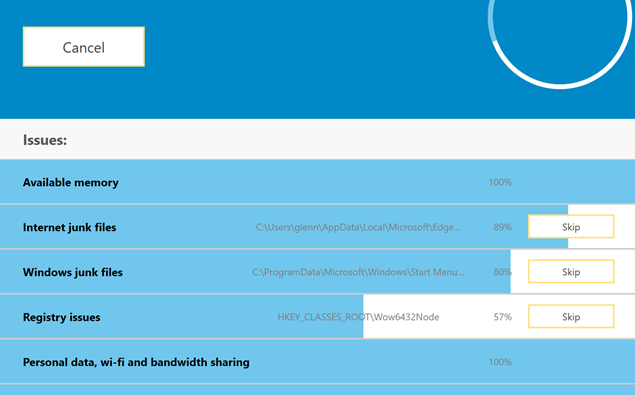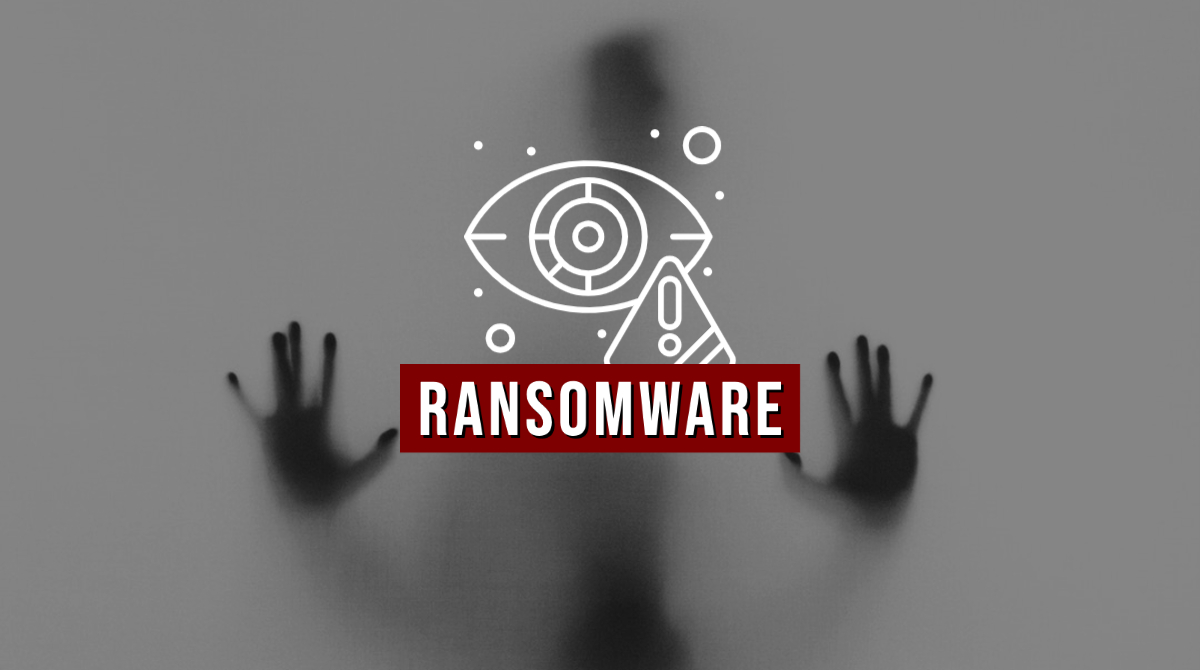Top Hacks from Black Hat and DEF CON 2021
Tools, techniques, and (hybrid) procedures

Hacker Summer Camp 2021 adopted a hybrid format this year, as the restrictions imposed by the ongoing coronavirus epidemic meant that the majority of participants to Black Hat and DEF CON tuned in online rather than turning up in Las Vegas.
CATCH UP Black Hat 2021: Zero-days, ransoms, supply chains, oh my!
Security researchers made up for the lack of audience interaction by showing that – like the athletes competing at this month’s Olympics and Paralympics – they could go faster, higher, and stronger together.
Still catching up on the proceedings? Look no further:
Attacking Let’s Encrypt

At Black Hat, researchers from the Fraunhofer Institute for Secure Information Technology showed how the security controls introduced with Let’s Encrypt’s multi-perspective validation feature might be abused.
Circumventing these controls, which were introduced in February 2020 in response to earlier attacks, makes it possible for attackers to get digital certificates for web domains they do now own, offering a springboard for phishing attacks or other scams.
By introducing packet loss or latency to connections to some of the nameservers, an attacker could force the system to rely on a nameserver of their choice – downgrading the security offered by multiperspective validation.
The work shows that domain validation, though it enjoys advantages because it is low cost and lends itself to automation, is not yet secure and needs to be refined in order to become more effective as a barrier to fraud.
Pulling the pin on FragAttacks
At Black Hat, security researcher Mathy Vanhoef shared his impressive work on FragAttacks fragmentation and aggregation attacks) and – with the help of Tom Van Goethem – timing attacks.
For the former, he described how implementation flaws and design vulnerabilities in WiFi’s frame aggregation and fragmentation features affect all protected WiFi networks, and even the WEP protocol dating back to 1997.
Certain implementation bugs were particularly widespread and trivial to exploit, he warned.
The gradual adoption of ‘operating channel validation’ (PDF) and ‘beacon protection’…


